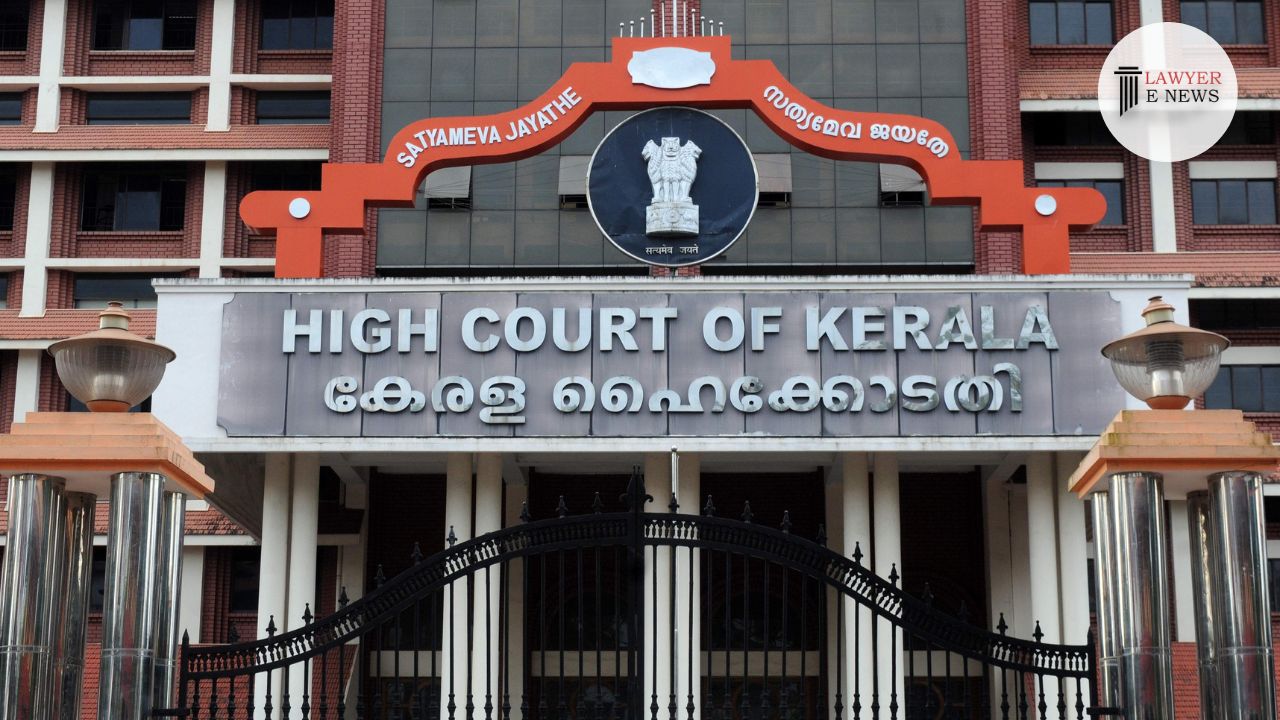-
by Admin
16 February 2026 1:47 PM



In a significant ruling, the High Court of Kerala, presided over by Mr. Justice K. Babu, has quashed all charges against C. Surendranath and Hari Achutha Varrier, officials implicated in the V.C No.1/2015 case registered by the Vigilance and Anti-Corruption Bureau, Kasaragod. The case, which involved allegations of criminal misconduct in a tender process for manual dredging and sale of port sand, was dismissed due to a lack of evidence pointing to any criminal intent or pecuniary advantage gained by the accused.
Justice K. Babu, in his judgment, stated, "There is absolutely no allegation in the prosecution case that the petitioners obtained any pecuniary advantage." This observation played a crucial role in the decision to quash the proceedings against the two port officials. The court emphasized the importance of establishing a dishonest intention to prove criminal misconduct under Section 13(1)(d) of the Prevention of Corruption Act, 1988.
The petitioners were accused of showing undue favor to certain co-operative societies during the tendering process. However, their counsel successfully argued that there was no material evidence indicating that the petitioners obtained any financial gain or caused any loss to the government. They contended that the alleged irregularities in the tender process did not constitute criminal misconduct.
In response, the prosecution had argued that the societies involved in the case were permitted to participate in the tender despite lacking qualifications, indicating a conspiracy among the petitioners and other accused. However, the court found these allegations insufficient to establish a prima facie case of corruption or conspiracy.
The court further referenced several key cases, including 'Bhagwan Swarup Lal Bishan Lal v. State of Maharashtra' and 'Zakia Ahsan Jafri v. State of Gujarat', to reinforce the legal principles guiding its decision.
Date of Decision: 17th January 2024
Surendranath VS State of Kerala
